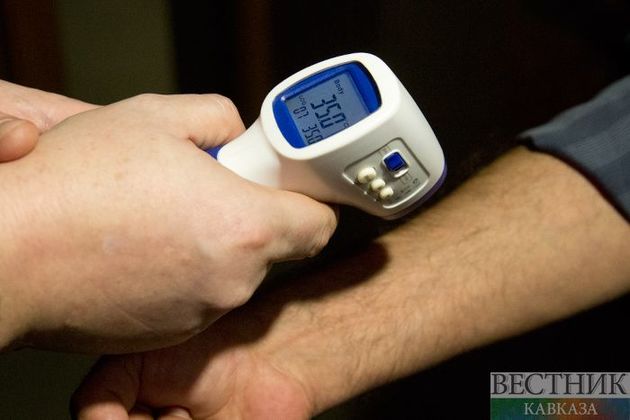Kazakhstan’s Health Ministry has said it is managing to get on top of the coronavirus outbreak, but authorities have nonetheless extended the existing lockdown regime and brought in stricter rules on where and when masks must be worn, Eurasianet writes in the article Kazakhstan: Authorities see COVID-19 improvement, but tighten restrictions. Health Minister Alexei Tsoi said at a briefing on August 3 that with the peak of infections now passed, other challenges like ahead.
“Our job is to maintain positions that have been won through very hard trials endured by the entire population and the healthcare system,” he said. Tsoi cited indicators such as the halving of the number of daily new infections detected in the past three weeks as proof of his upbeat assessment. Hospitals are seeing a much lower workload and more beds are freeing up, he said. “Just remember how critical the situation had become in some hospitals in June. Now, hospitals are only 34 percent occupied,” Tsoi said. "This has been achieved in part by increasing bed capacity."
June was an especially bad month for Kazakhstan. With hospitals often full to capacity, it had become commonplace for even critically ill patients to be turned away. Ambulance drivers complained of people dying while in search of a hospital that could treat them. Waves of rushes on pharmacies caused anti-viral and fever-calming medicines to run short in many places. It was against that backdrop that the government reintroduced lockdown measures on July 5. In contrast with June, hospitals are reportedly now easing their criteria for admitting patients, which had extended to a requirement to present a positive coronavirus test in some places.
Despite positive signals, the government has, after many months of complacency, moved to tighten up its rules on mask-wearing. On July 30, the chief sanitary state doctor Aizhan Yesmagambetova signed a decree requiring the wearing of face coverings not only indoors, but also on the street, in order "to reduce the risk of infection among the population." Offenders face a fine of up to 83,340 tenge ($200). After a burst of public indignation, the Health Ministry backed down partially, clarifying that children under the age of five and people doing sports and maintaining social distancing were exempt from the requirement.
On July 29, President Kassym-Jomart Tokayev ordered a two-week extension to the lockdown, which had been due to expire in early August, in order to "further consolidate its positive effect."
Getting a clear picture of the emergency has been bedeviled by the inconsistent way in which data has been collated and then shared with the public. Things changed drastically from August 1, however, when the government began to pool its figure for confirmed COVID-19 cases and pneumonia. It has long been suspected that many cases of the latter were in reality attributable to coronavirus infections, but the link could not be definitively established in view of the patchiness of the testing regime. The Health Ministry has described its change of protocol as an embrace of transparency, although critics of the government continue to contend the information is often unclear and patchy.
As of August 4, health authorities had registered 93,820 cases of coronavirus, of which almost 28,700 were still active.






